Though much of the attention in Congress focuses on the leaders, there are times when rank-and-file members can stand out. For some, that may be because they are readying a run for the White House. For others, it’s because a pet topic is taking center stage. And for others, it’s because they’ve built up power in other ways.
As the 114th Congress is sworn in, here are 10 members to watch.
Sen. John Hoeven
The first Senate bill out of the gate will concern the approval of the Keystone XL pipeline, according to McConnell. In November, toward the end of her failed reelection bid, Louisiana Sen. Mary Landrieu failed to get a bill passed by one vote. North Dakota Sen. John Hoeven and the GOP leadership will now lead the effort to pass his bill across the finish line as Democrats attempt to add “poison pill” amendments. The final hurdle will be President Obama, who recently warned in an interview with NPR that he will use his veto pen to defend his environmental legacy. On Dec. 19 during his end of the year press conference, Obama added to speculation that he would veto the legislation, saying that Keystone wouldn’t give an even “nominal benefit” to American consumers.
Sen. Rand Paul
Paul has earned the epithet of the Most Interesting Man in Politics—including from TIME—for attempting to mesh his libertarian beliefs with his White House dreams. He has earned the accolades of Republican establishment types like McConnell while taking numerous positions they oppose in speeches to constituencies they never captured. Paul, who has dropped heavy-handed hints he will run for President in 2016, will remain in the mix next year on a number of topics, whether that’s police demilitarization, oversight of the National Security Agency, criminal justice reform, or congressional authorization for the use of military force in Syria. While little headway is expected on most of those fronts, Paul will keep those issues—and himself—in the limelight.
Sen. Marco Rubio
Rubio will be the go-to anti-Obama point man on all things Cuba this year. McConnell deferred to his judgment after Obama’s major announcement that the U.S. will begin to normalize diplomatic relations with the communist country for the first time in more than five decades. Paul, who agrees with the Administration on Cuba, and Rubio, a Cuban-American, will have a platform on the Senate Foreign Relations Committee to air out their differences in a potential preview of the 2016 Republican presidential debates. Cuba is the latest of many topics Rubio has tackled; he has led efforts on immigration reform (and subsequently backed away), anti-poverty and tax reform, among others.
Rep. Michael McCaul
After they rejected the Senate’s comprehensive, bipartisan immigration reform bill in 2013, Boehner and his top lieutenants failed to present a broad alternative fix to a deeply flawed immigration system. In November, Boehner warned that Obama would get burned if he addressed immigration in a broad executive order. Obama did it anyway—delaying deportation for up to five million undocumented immigrants—leaving Boehner with few good options to respond outside of passing reform legislation.
Enter McCaul, the House Homeland Security Committee Chairman. In the first few months of 2015, he is expected to introduce a border security bill that he says could ease the passage of other immigration bills in the step-by-step process the House GOP has deemed acceptable. McCaul could add his legislation to the upcoming bill to fund the Department of Homeland Security past its current Feb. 27 deadline.
It’s unclear, however, if the Republican-dominated Congress will follow-up and pass subsequent immigration bills. The Wall Street Journal reports that other lawmakers, including Rubio, California Sen. Dianne Feinstein, and Idaho Rep. Raul Labrador, are preparing bills to reform the visa programs for high-tech, agricultural and low-skilled workers, among other things.
Sen. Orrin Hatch
From Obamacare to trade to taxes, incoming Senate Finance Chairman Orrin Hatch will have his hands in the pot of many hot topics this year. Obama will look to Republicans for support of a major 12-country trade deal known as the Trans-Pacific Partnership, an elusive, potential legacy-defining achievement for the president in his final two years. Hatch and Ohio Sen. Rob Portman—a former U.S. trade representative—along with House Ways and Means Chairman Paul Ryan and his Democratic counterpart, Rep. Sandy Levin, will be among the crucial figures on whether or not Congress grants Obama trade promotion authority.
Hatch—the most senior Republican in the Senate—will also play a role in reforming the president’s signature health care reform law. Last year, former House Majority Leader Eric Cantor promised to pass an Obamacare alternative. Republicans didn’t, haven’t coalesced around another and this year will take a pickaxe to the president’s signature law, like Hatch’s amendment to repeal a medical device tax that helps fund it. That proposal even has the support of liberal Democrats, including Sens. Amy Klobuchar, Elizabeth Warren and Al Franken. Republicans will still have a show vote to repeal the health care law, but they will also find ways to get smaller fixes on the president’s desk this year.
Rep. Jason Chaffetz
As evidenced by a recent article in the Washington Post, the Secret Service’s troubles didn’t end when Director Julia Pierson resigned after an intruder jumped the White House fence and ran inside. The agency suffers from a “combination of tight budgets, bureaucratic battles and rapidly growing demands” since 9/11, according to the Post, and Utah Rep. Jason Chaffetz, the incoming House Oversight Chairman, will use his new perch to investigate and offer reforms.
Sen. Sherrod Brown
The gruff and ruffled Senator from Ohio, Sherrod Brown, is the incoming top Democrat on the Banking committee. He’s a top defender of the Dodd-Frank financial reform bill designed to rein in Wall Street banks and will be tasked to defend the law from a Congress that managed to claw back some provisions in the end of the year spending bill. While Massachusetts Sen. Elizabeth Warren will nab more headlines—versions of the 2016 question “What Will Warren Want?” have already begun—Brown has been effective for liberal Democrats, helping drive pressure for Larry Summers to withdraw his candidacy for Federal Reserve chairman in 2013. Brown has already begun his effort to slow down Obama’s TPP deal, according to the Post, leading a strategy meeting with House Democrats.
Sen. Joe Manchin
One of the most conservative Democrats, West Virginia Sen. Joe Manchin will be crucial for the GOP to pass anything with 60 votes next year. He already supports authorizing the Keystone XL pipeline and raising the Affordable Care Act’s workweek from 30 hours to 40 hours and could be pleased to see Congress work towards those goals. But Manchin, who was critical of Reid’s leadership, (in a June TIME profile, Manchin said he’s “never been in a less productive time in my life”) may still be so disgusted with how Washington works that he leaves to run for his former job as governor. In November, Manchin told TIME he would give the new McConnell-led Senate about three months to make his decision. If he chooses to leave, Manchin could imperil the Democrats’ chances of retaking the Senate in 2016.
Sen. Bob Corker
Corker was Washington Post columnist George Will‘s pick as the senator to watch in 2015, and for good reason. From his top spot on the Senate Foreign Relations Committee, Corker will be in the middle of every foreign policy debate, including how to deter Iran from pursuing nuclear weapons, “degrade and destroy” Islamic militants in Syria and Iraq and punish Russian aggression.
Sen. Ted Cruz
Cruz’s presidential ambitions and ability to coral the most conservative elements of Congress makes him always one to watch. Keep an eye out for Cruz as Congress decides how to extend the debt limit in the middle of the year and fund the Department of Homeland Security at the end of February. McConnell told the Post that he doesn’t want the public to think adding a Republican president to a Republican Congress will be “a scary outcome.” But Cruz’s power lies outside the establishment and creating outcomes that are indeed scary to it. Those two pinch points could draw the nation’s attention back to Cruz as he debates his future in Washington.
See the 2016 Candidates Looking Very Presidential
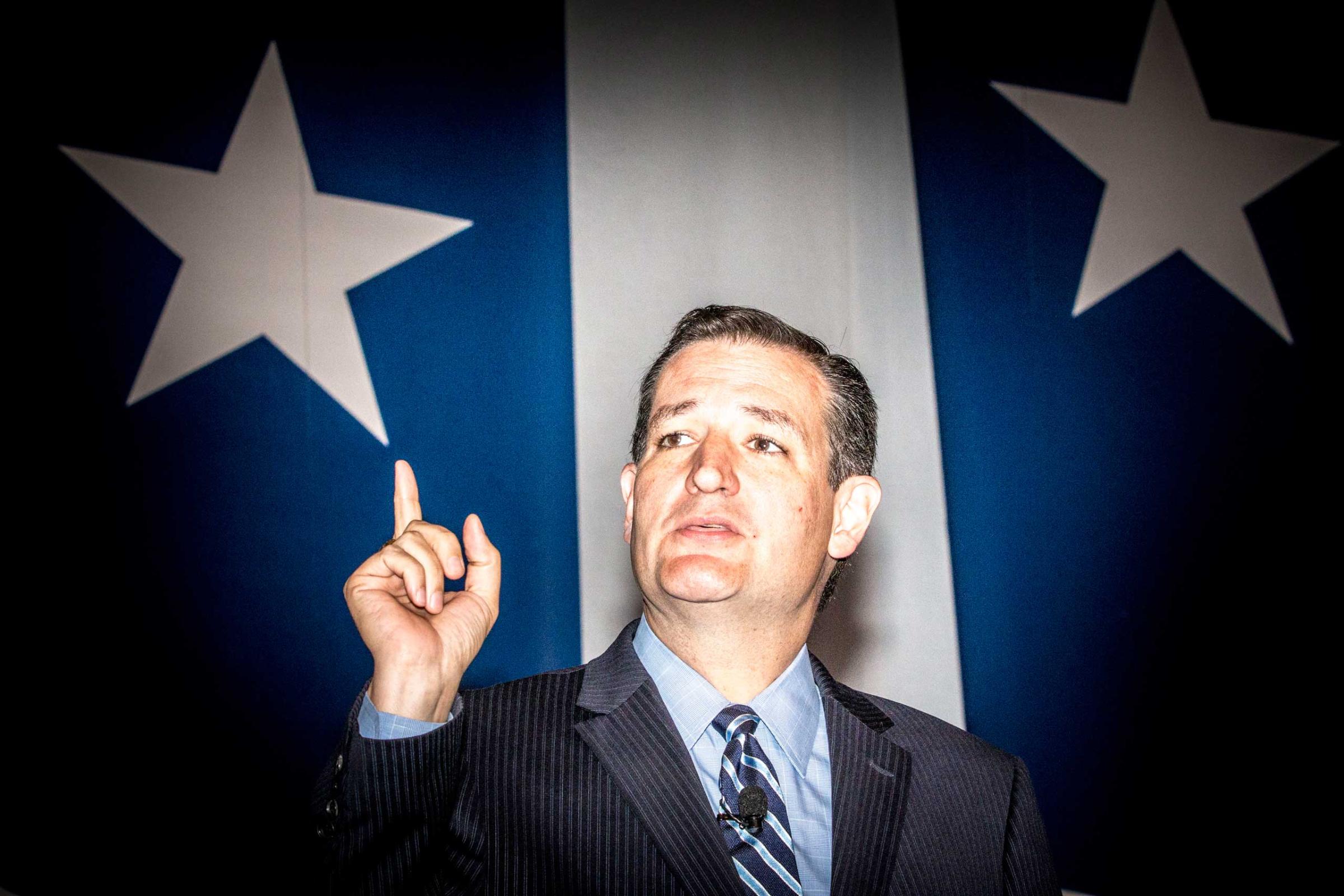
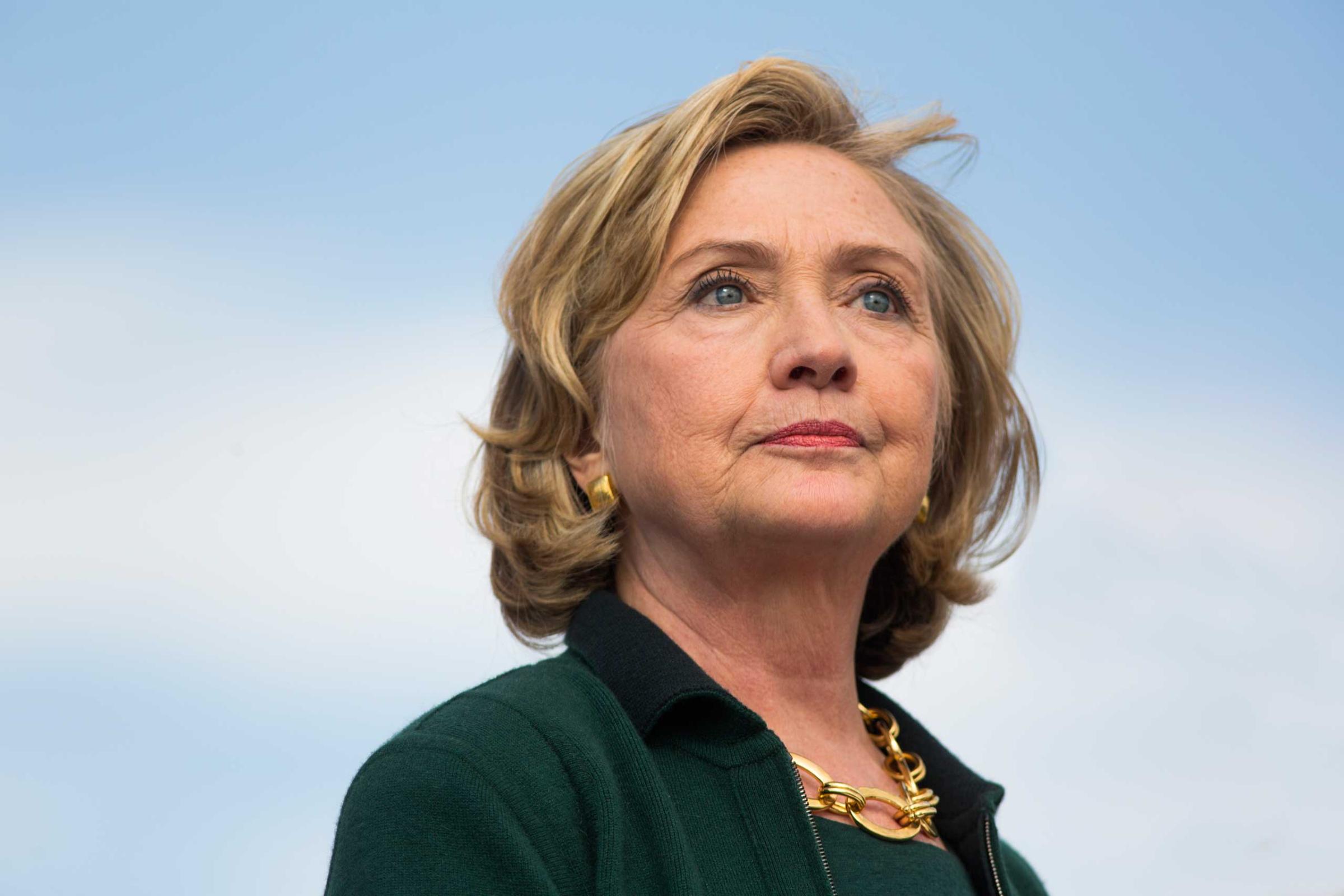
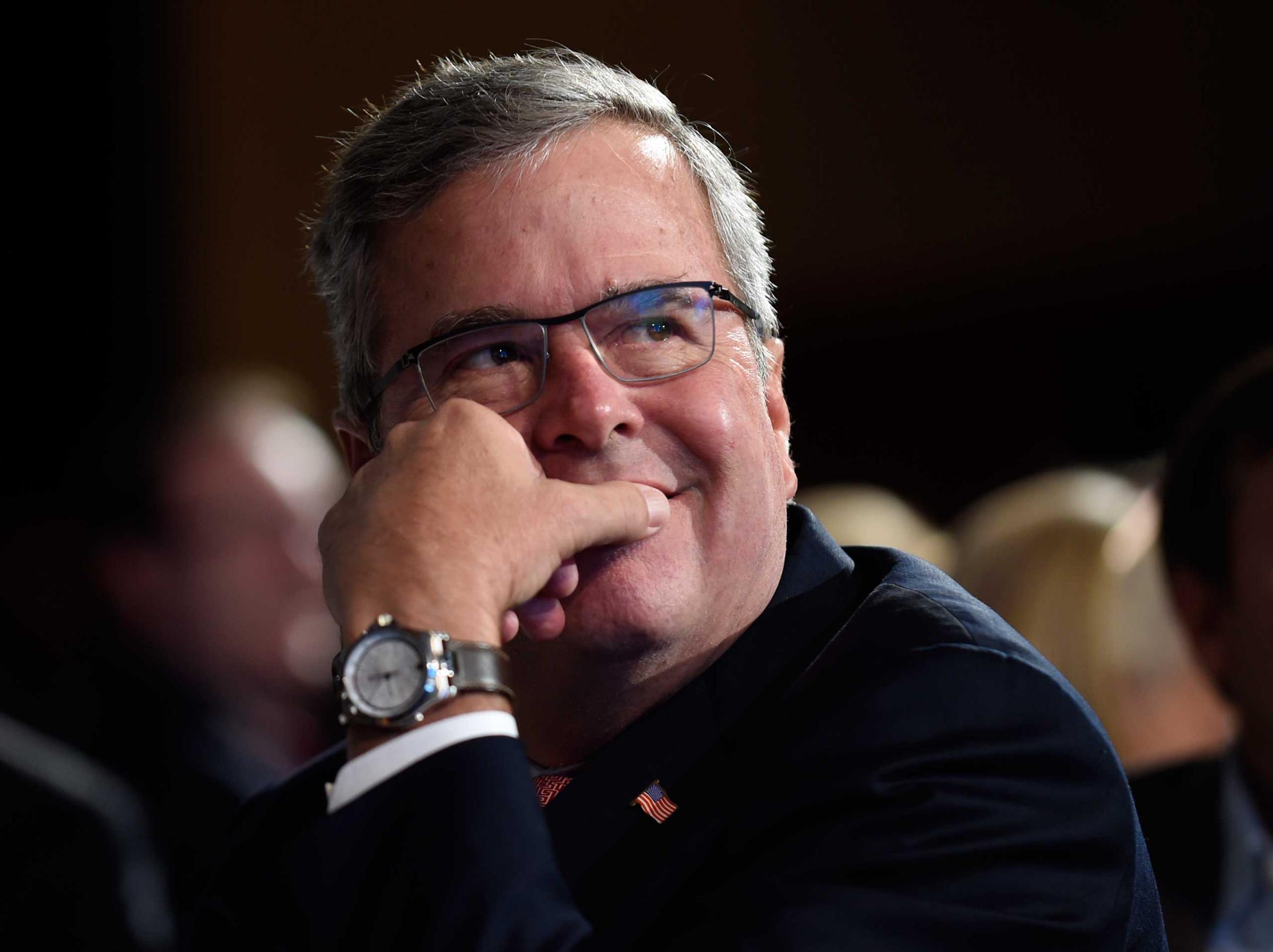
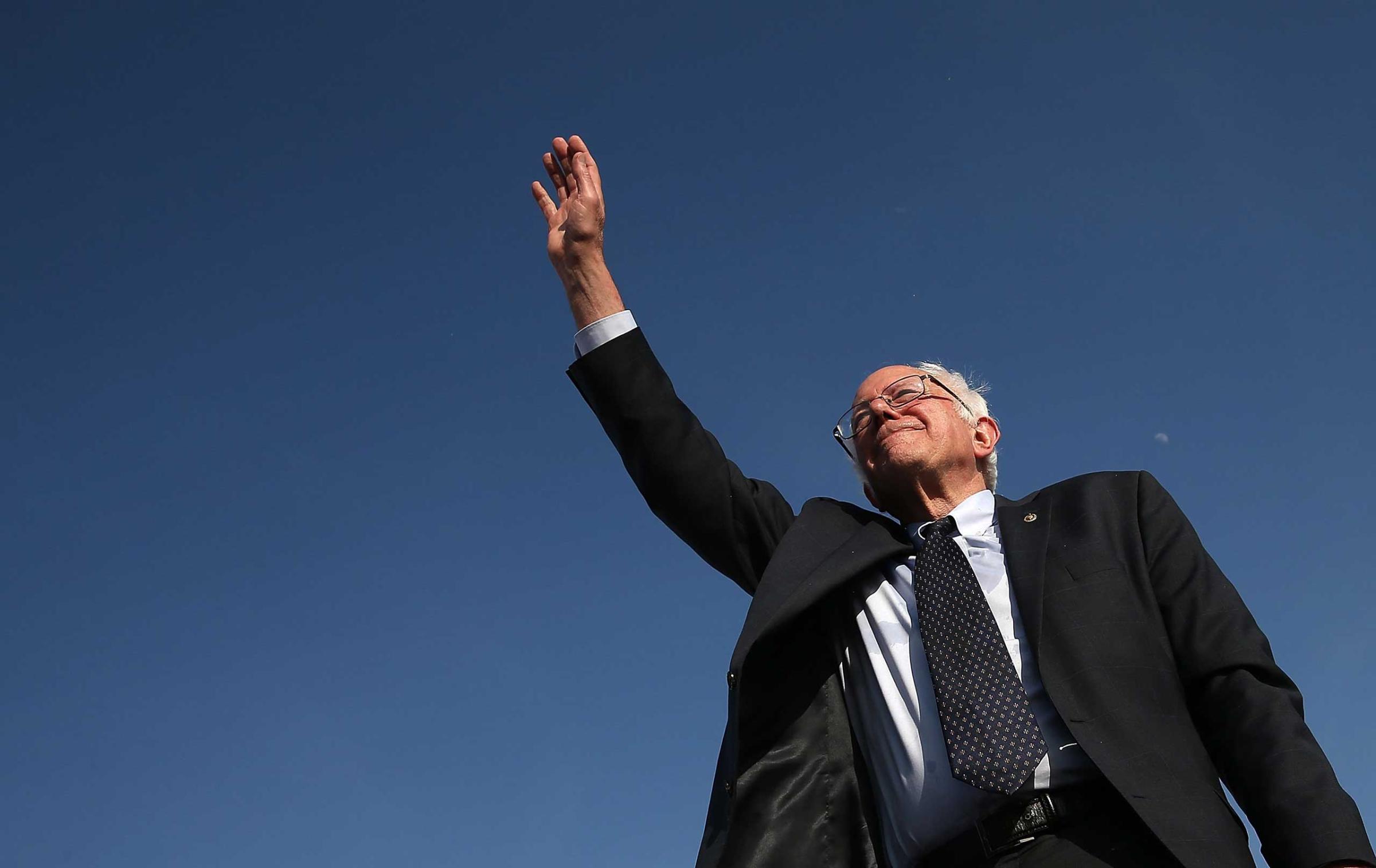
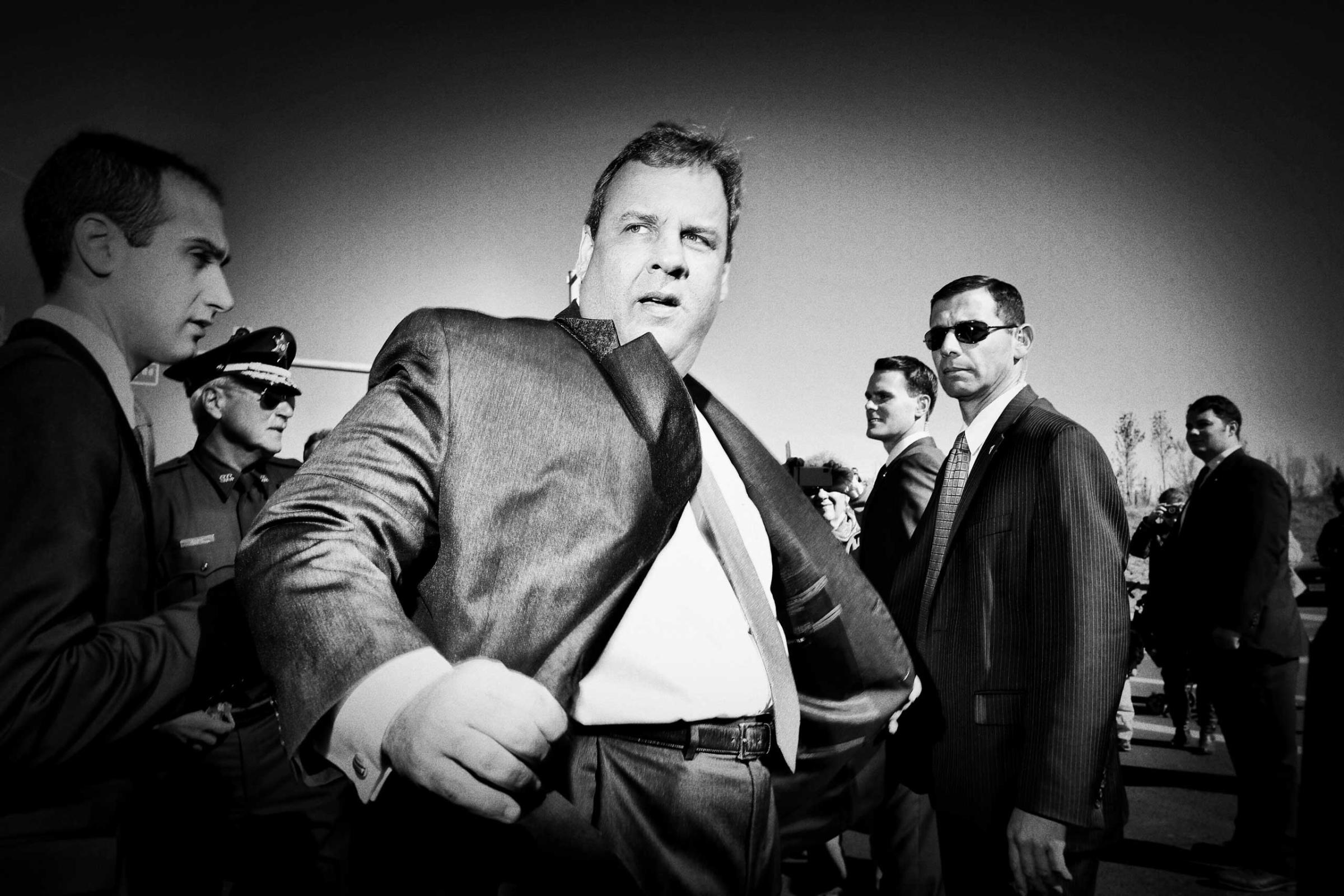
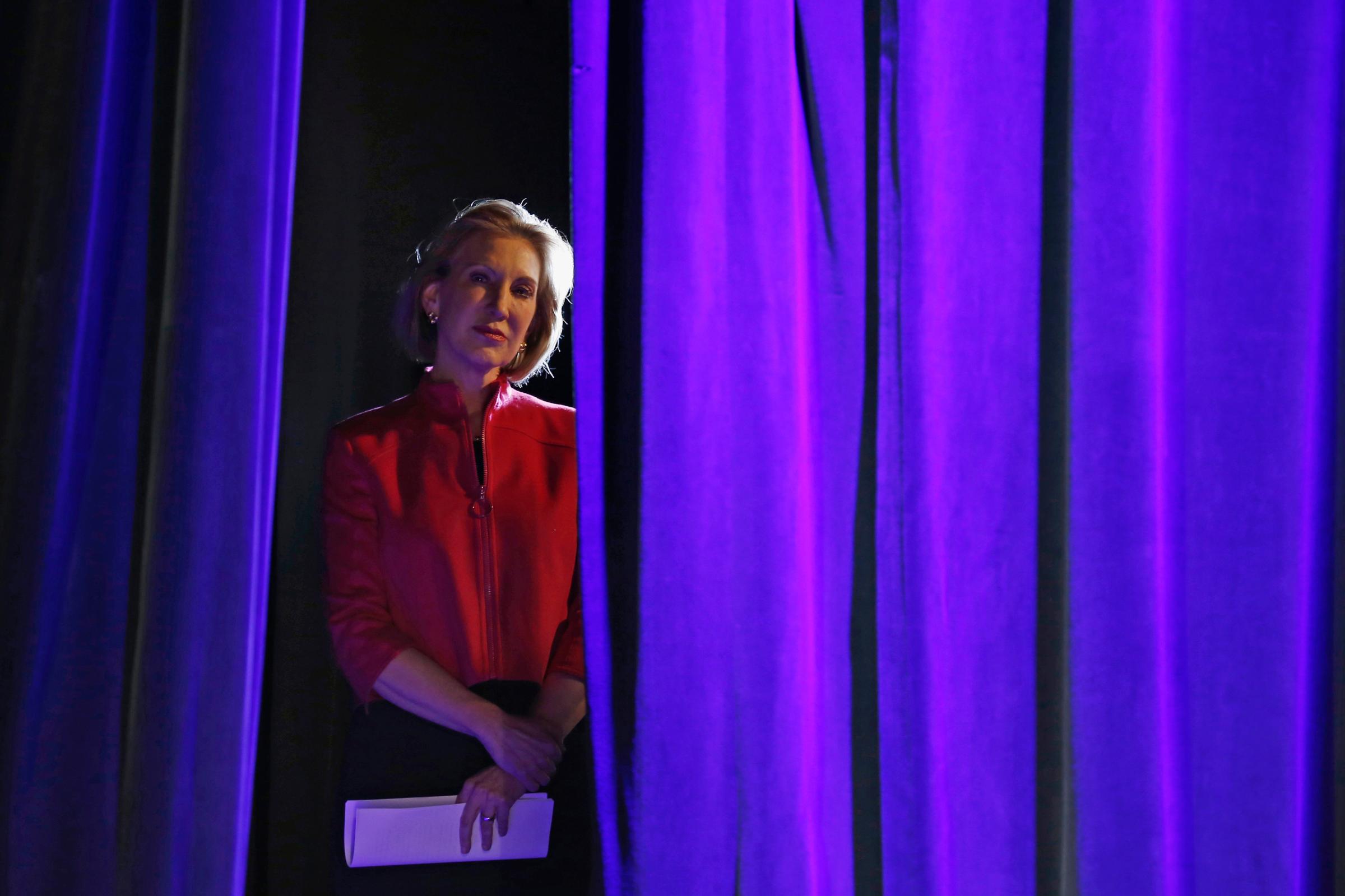
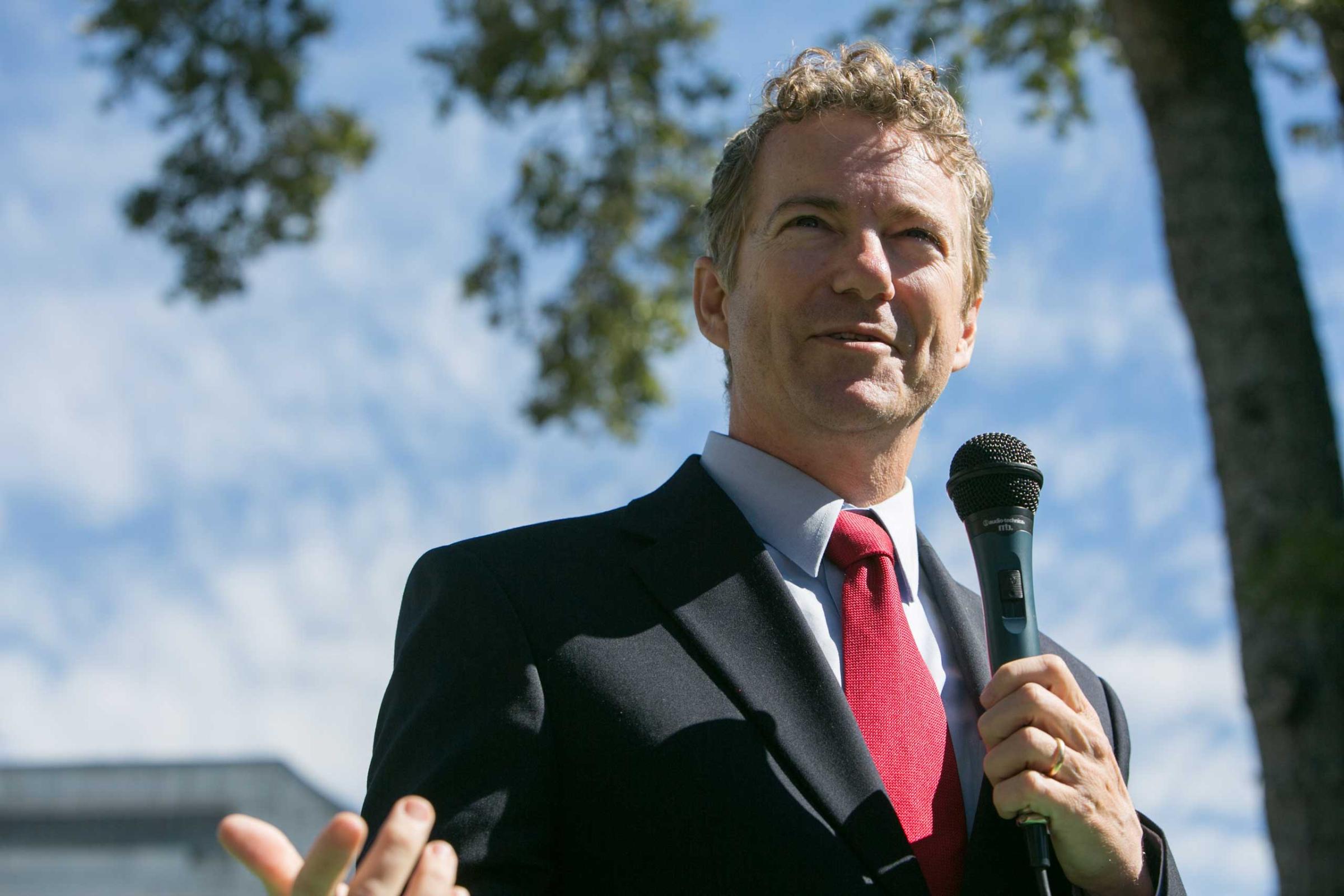
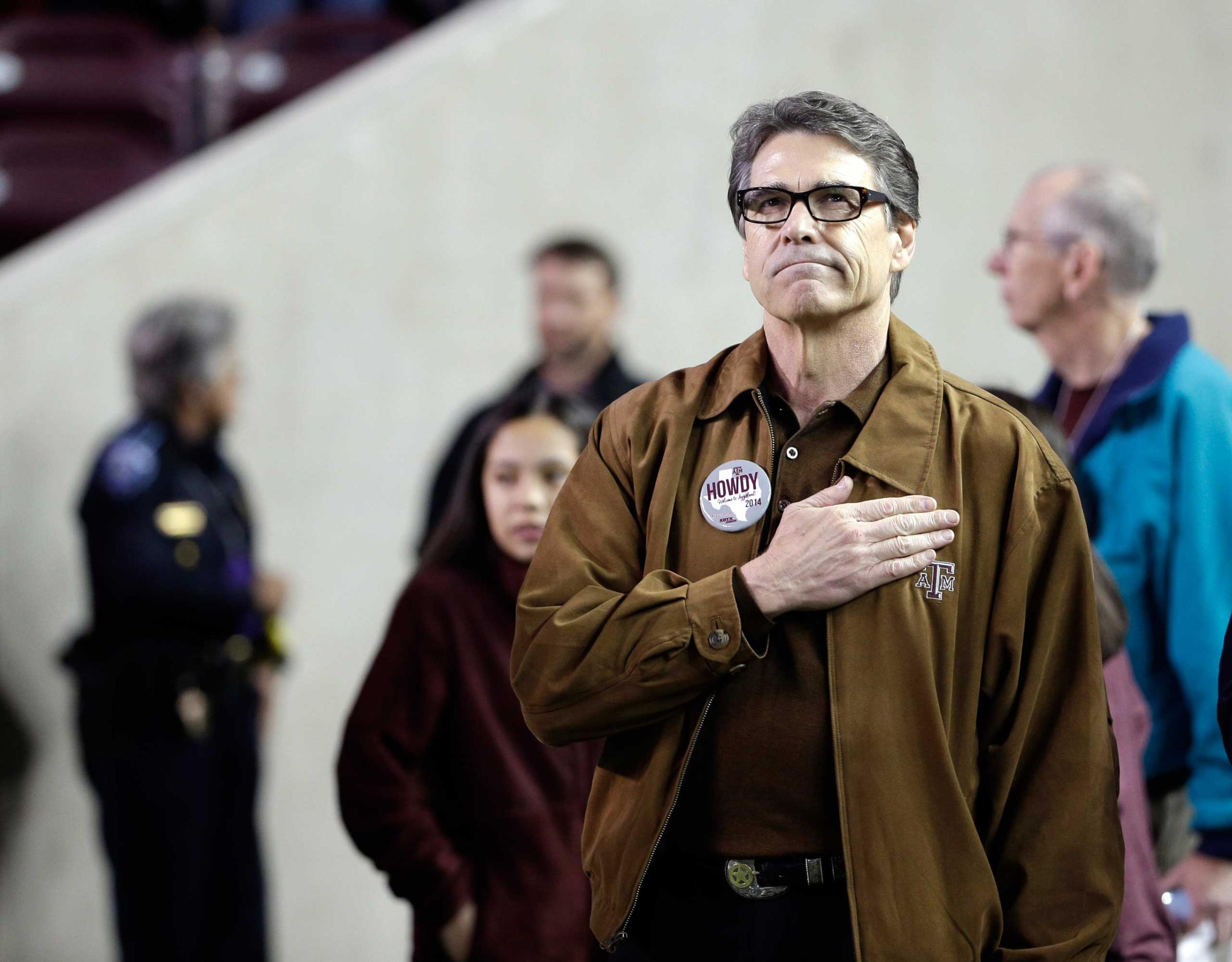
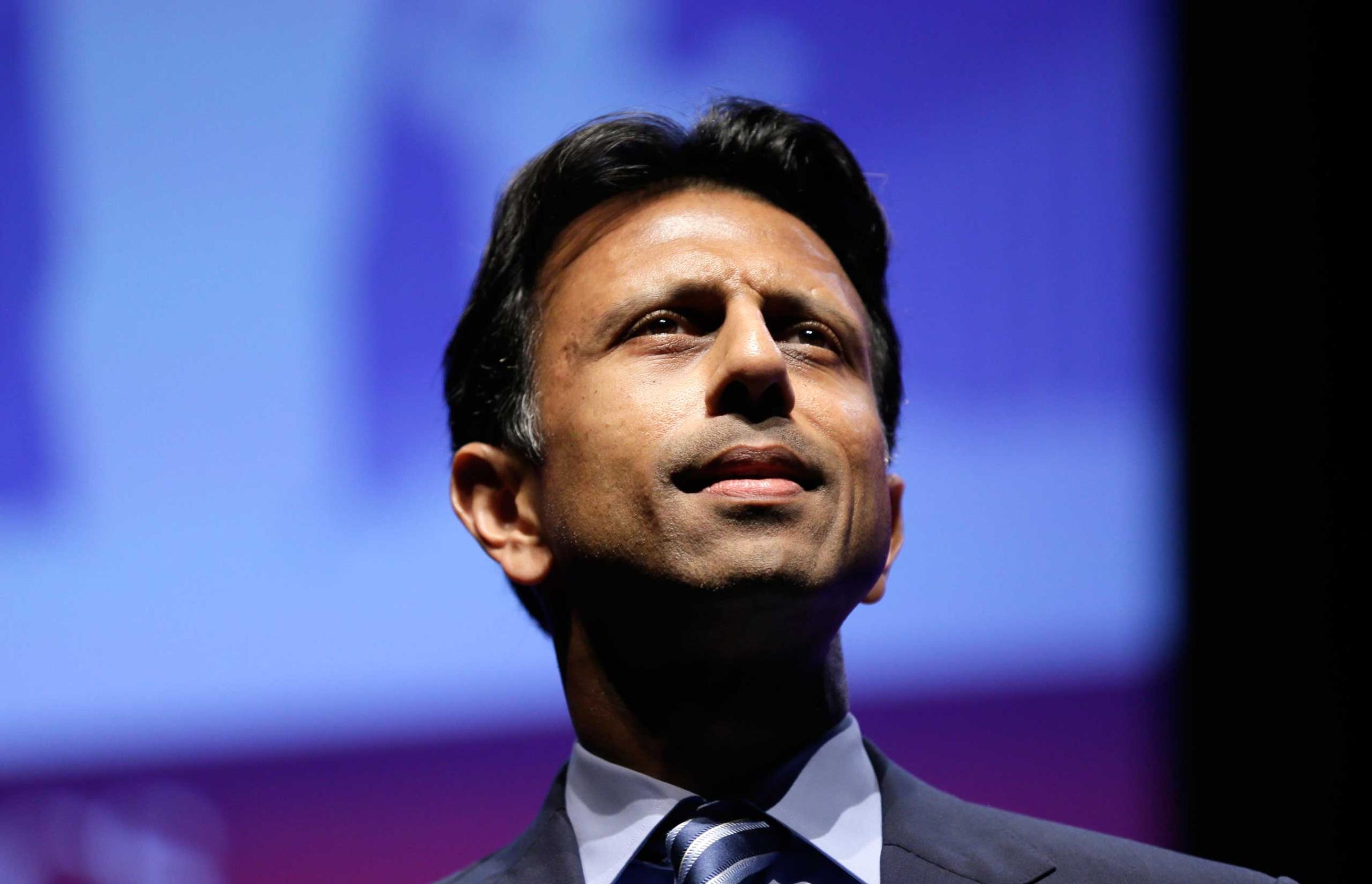
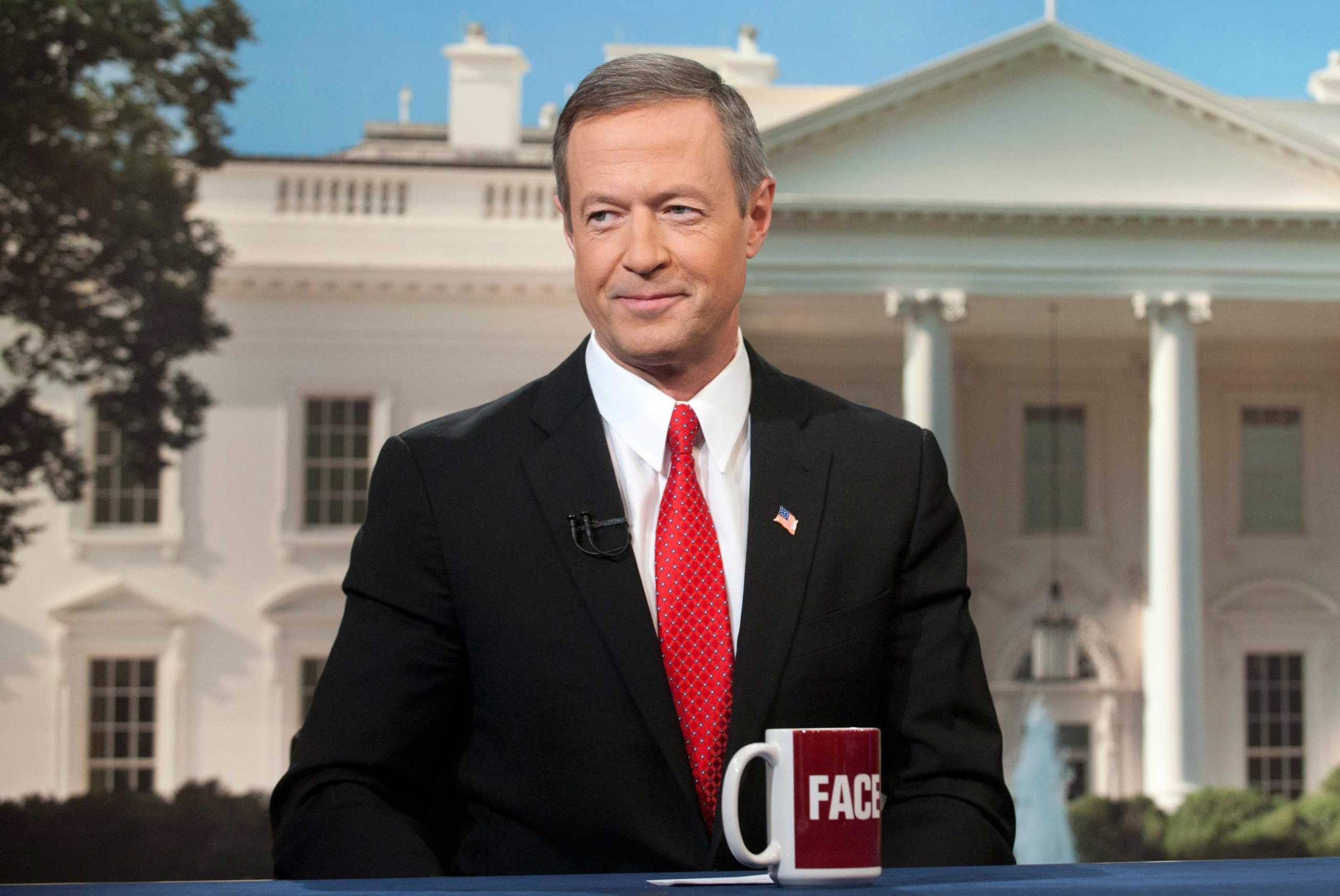
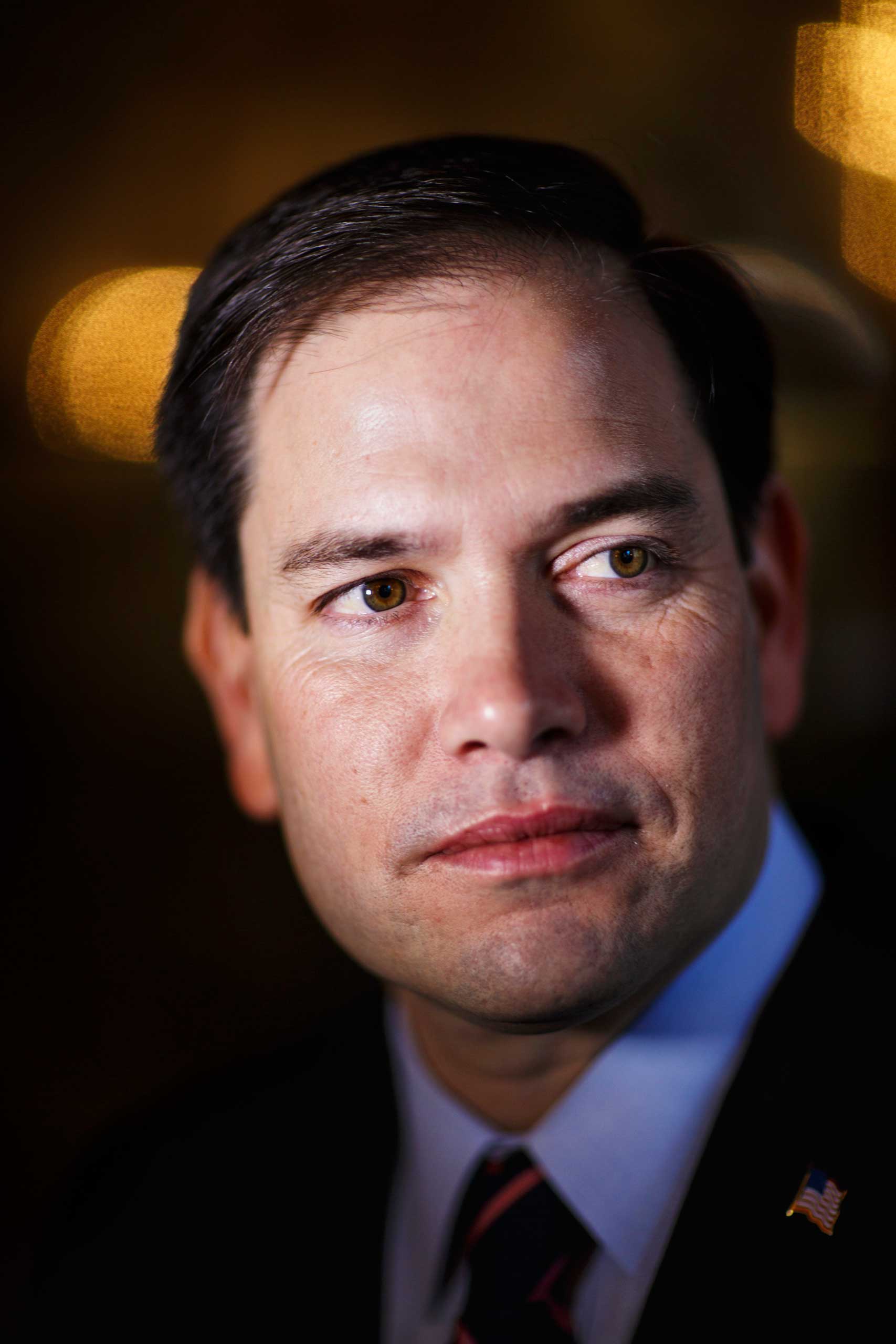
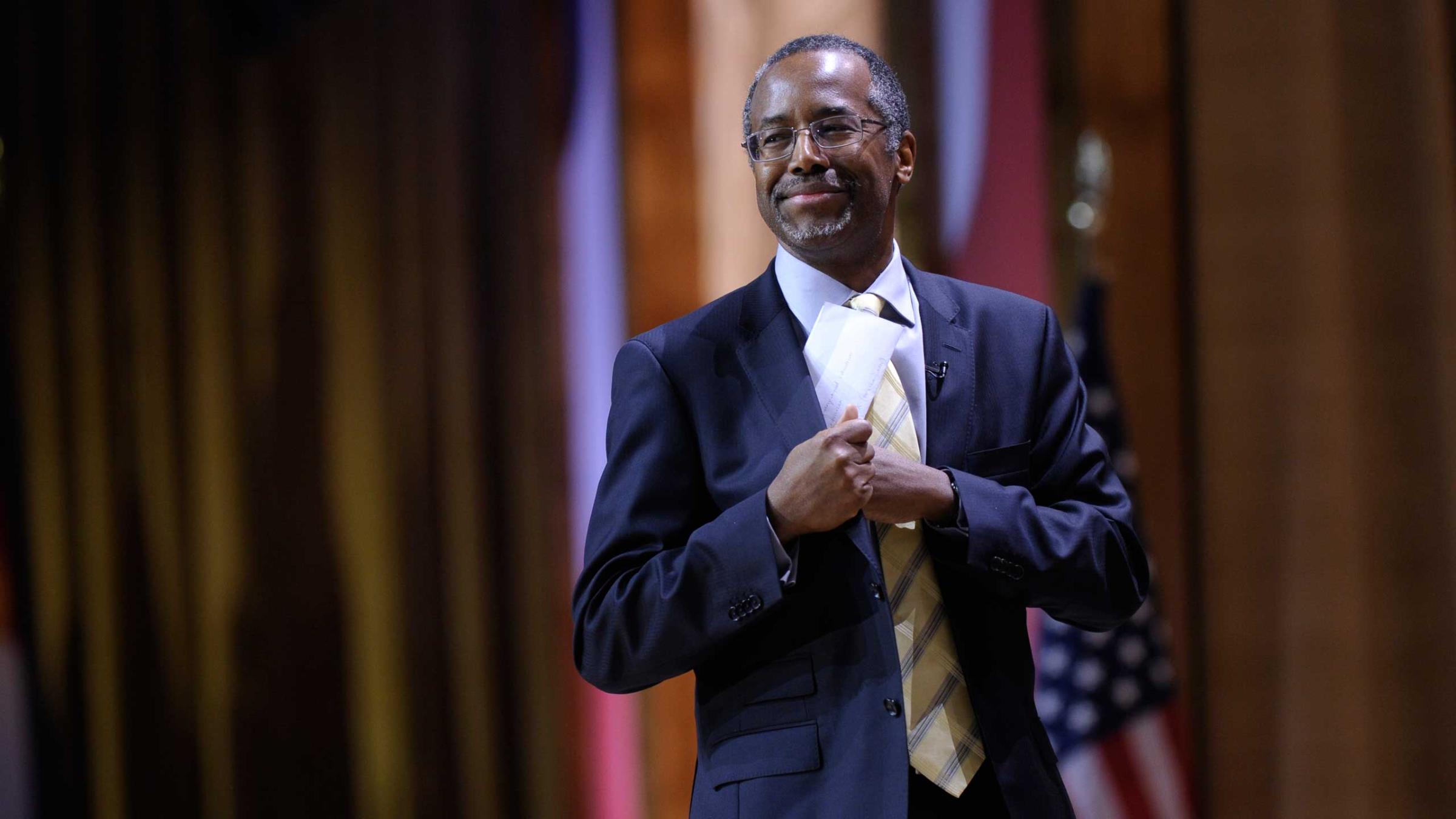
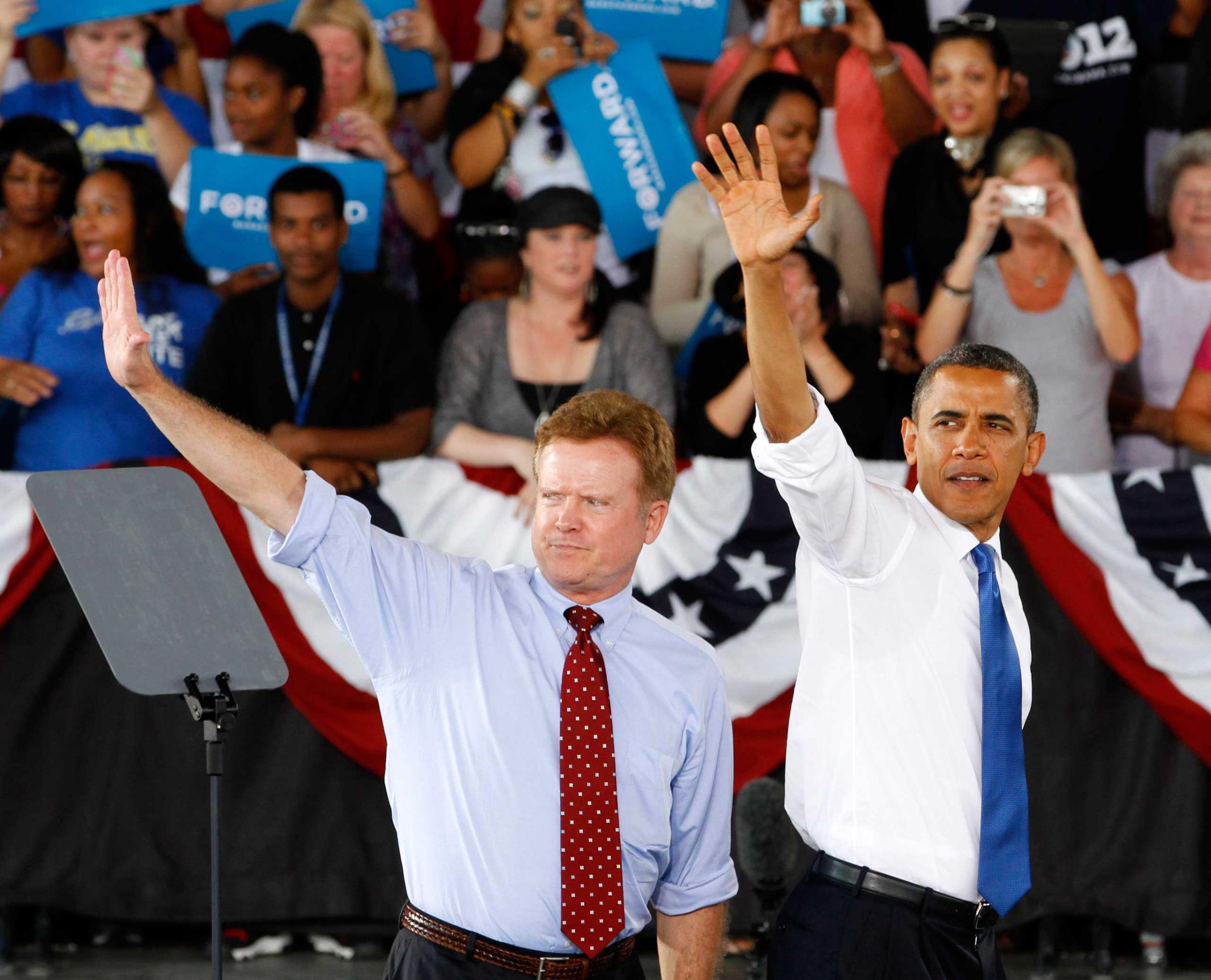
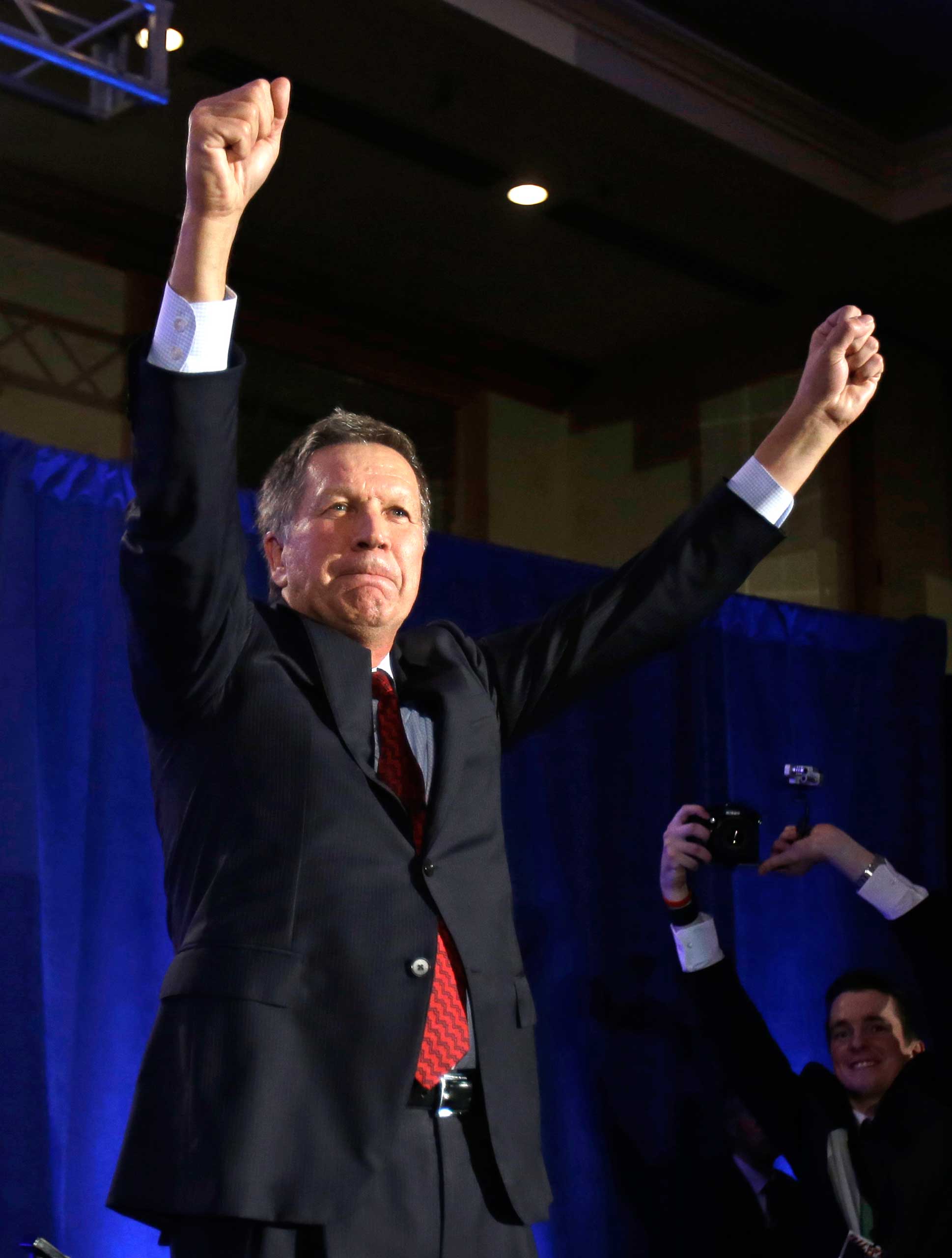
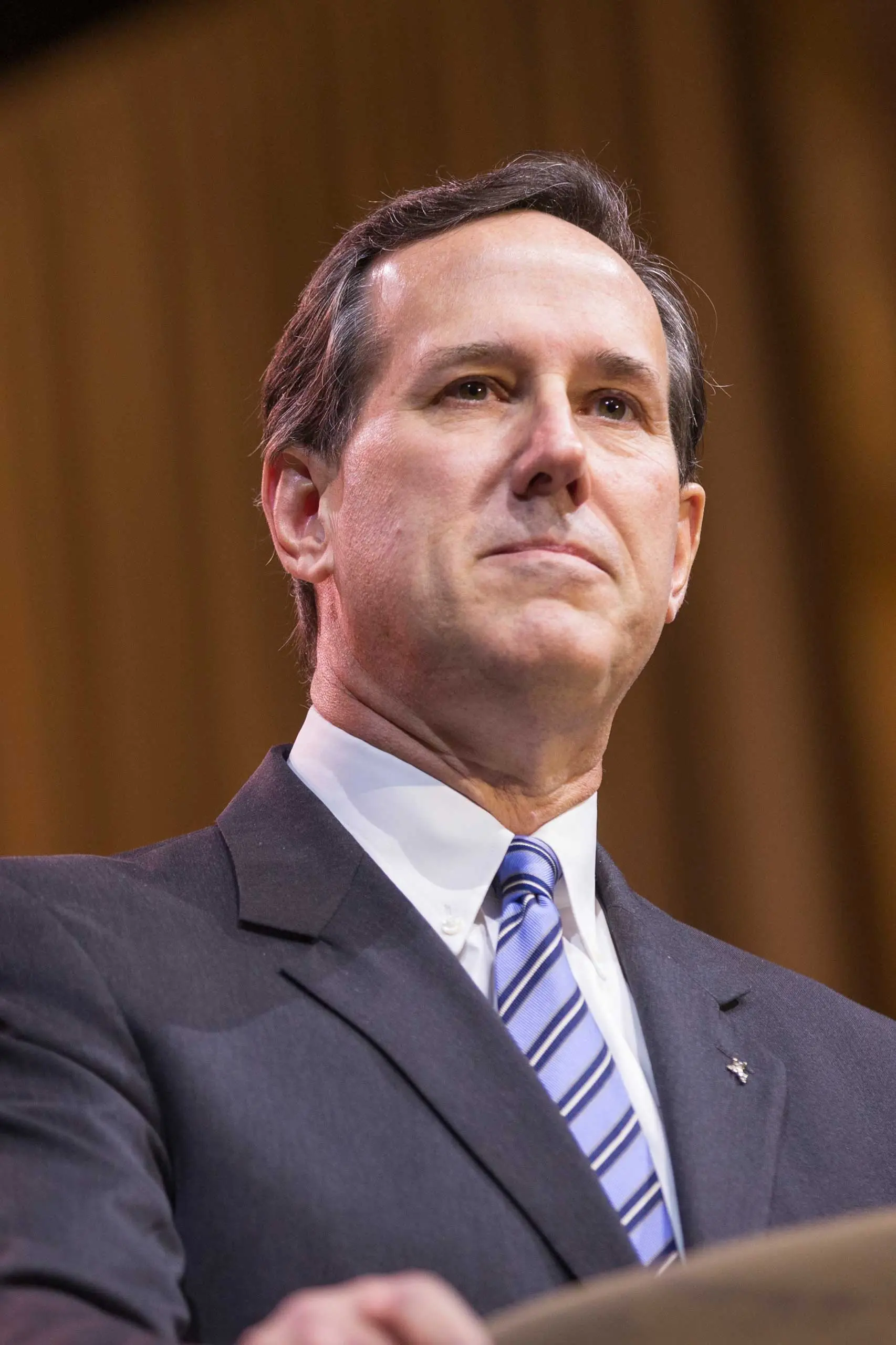
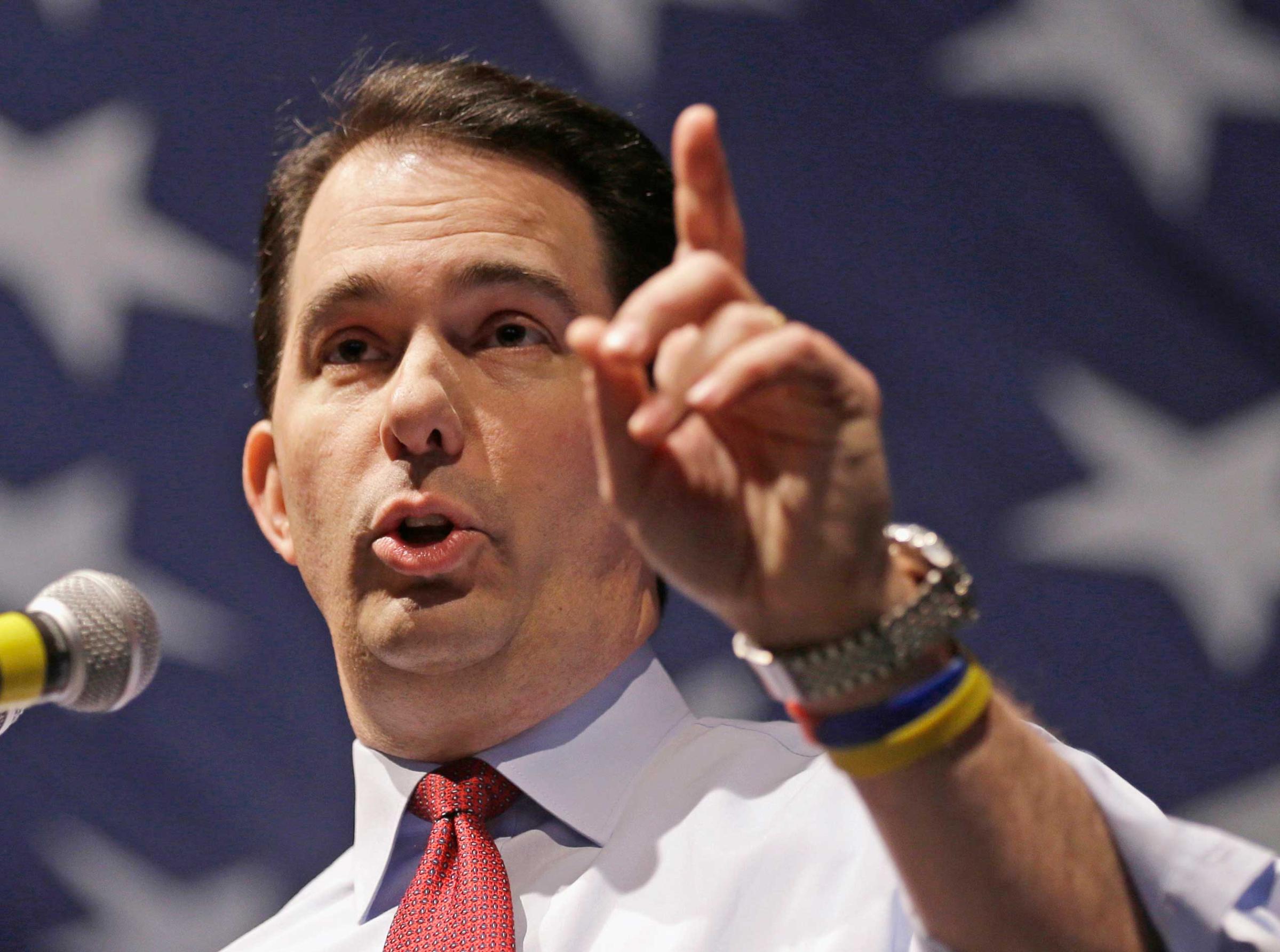

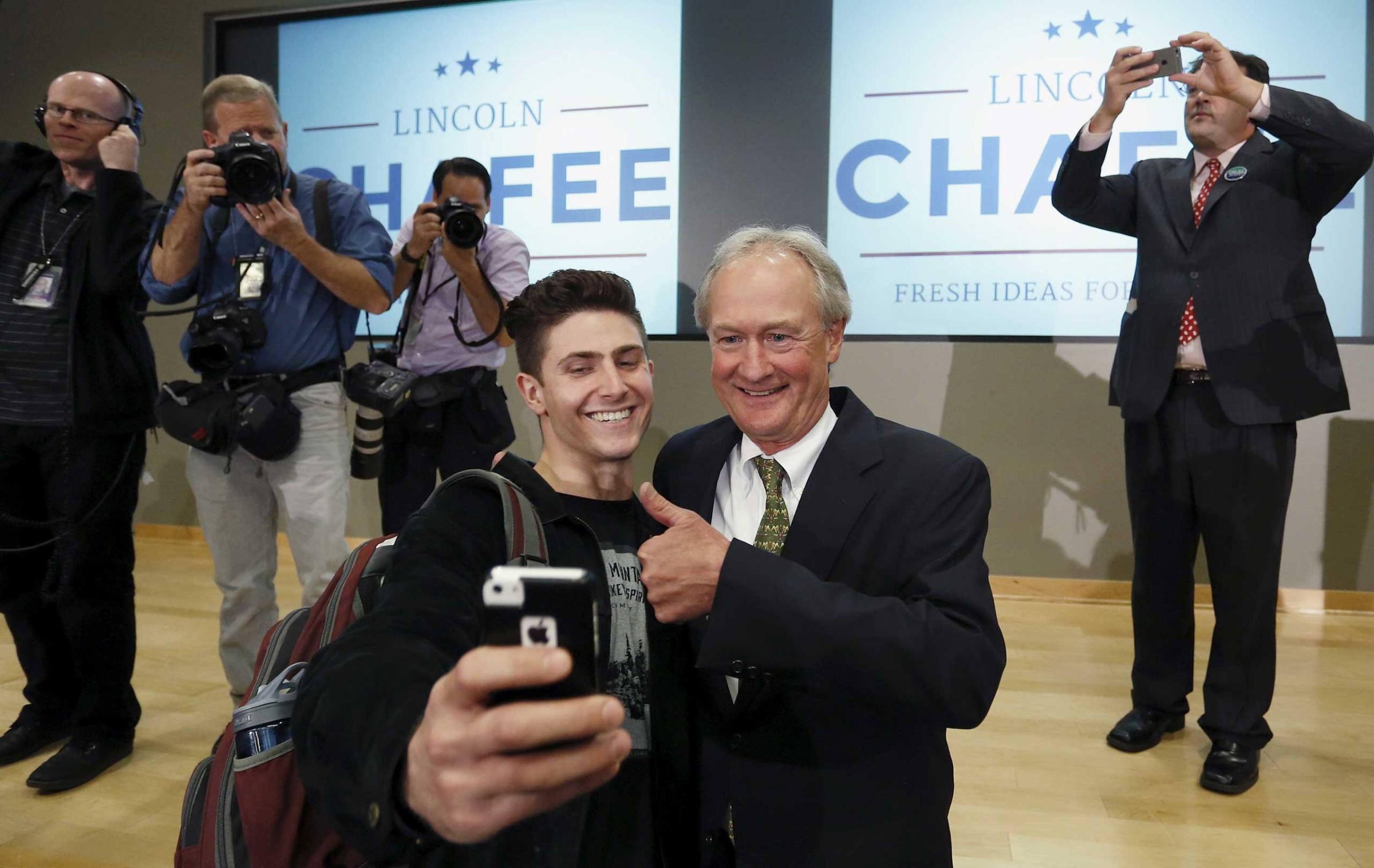
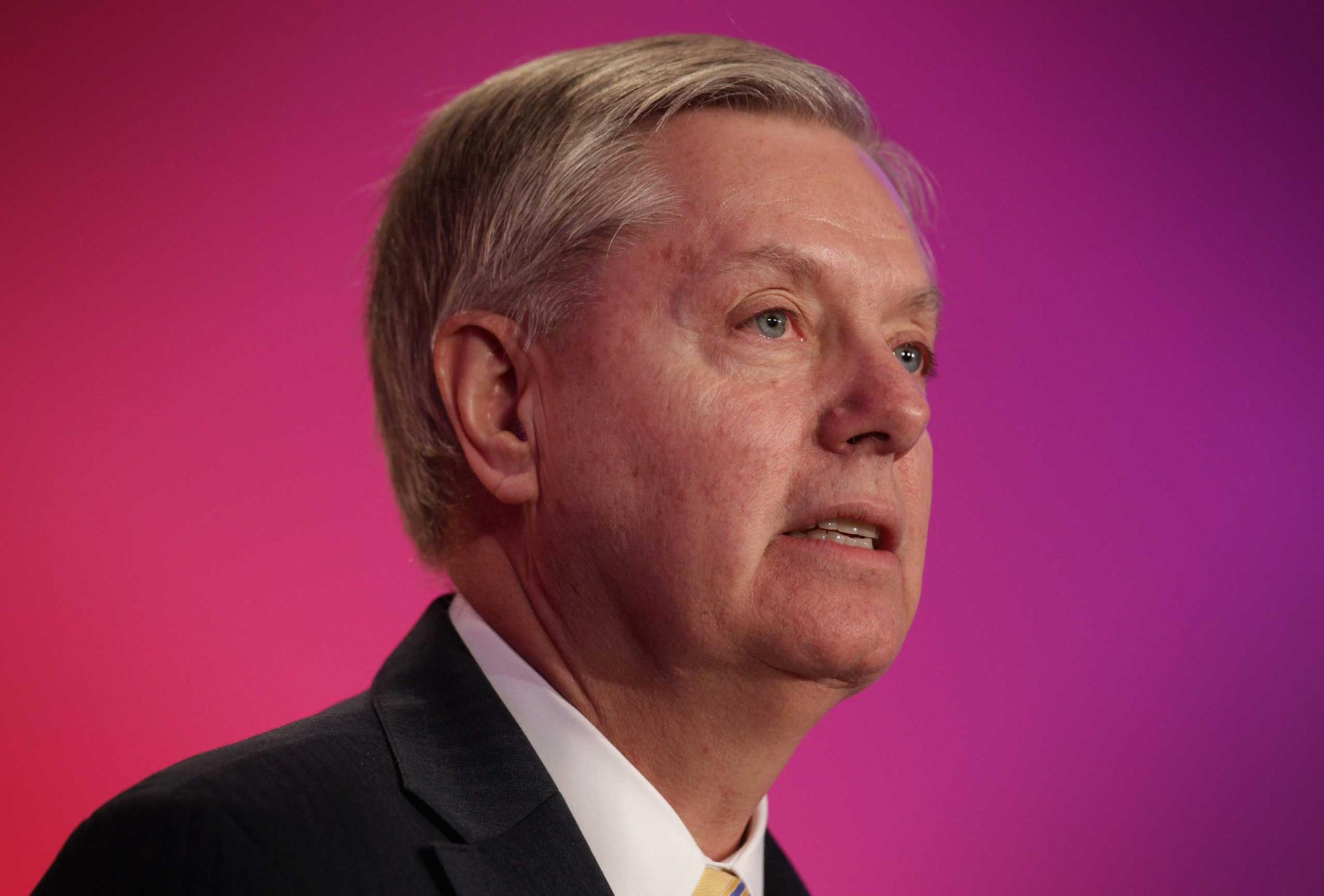
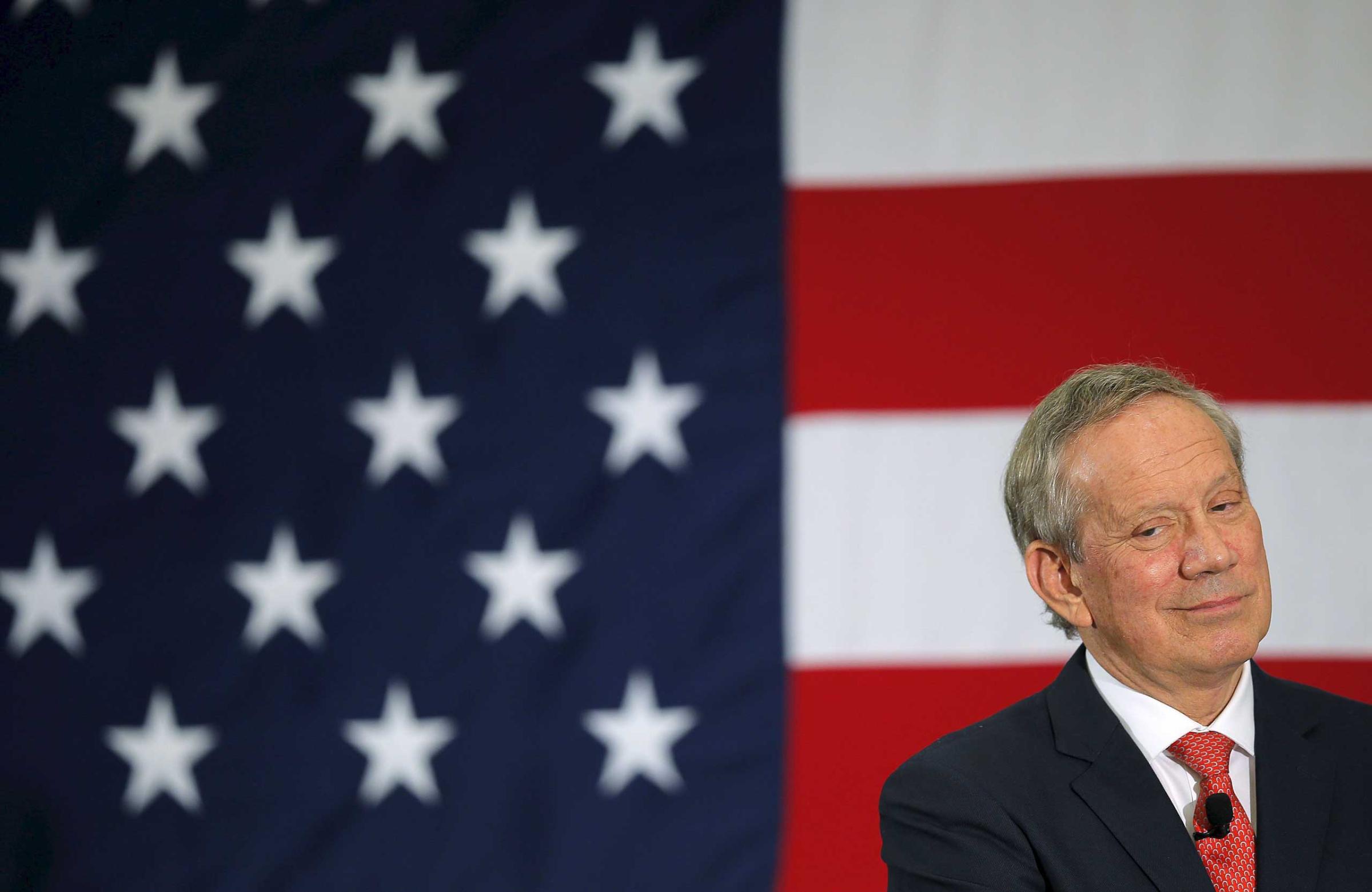
More Must-Reads from TIME
- Donald Trump Is TIME's 2024 Person of the Year
- Why We Chose Trump as Person of the Year
- Is Intermittent Fasting Good or Bad for You?
- The 100 Must-Read Books of 2024
- The 20 Best Christmas TV Episodes
- Column: If Optimism Feels Ridiculous Now, Try Hope
- The Future of Climate Action Is Trade Policy
- Merle Bombardieri Is Helping People Make the Baby Decision
Contact us at letters@time.com